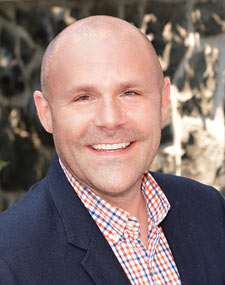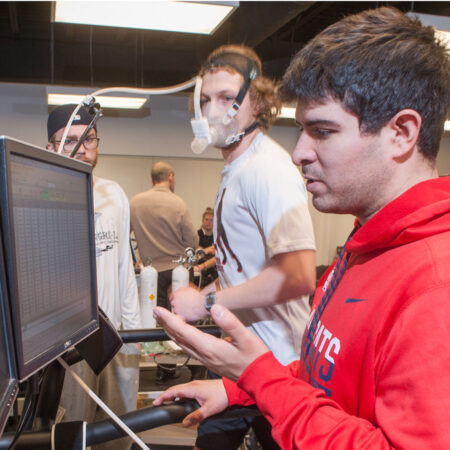Doctor of Medical Science
St. Scholastica’s Doctor of Medical Science program is designed for practicing PAs seeking to elevate their expertise and credentials. With a curriculum focused on leadership, strategic planning, finance and analytics, the DMSc aims to prepare you for higher-level roles in clinical practice and leadership.
Meet Our Faculty
Experienced, Dedicated and Distinguished Educators
Expect to be heard, to be challenged and to be involved. St. Scholastica faculty are world-class scholars and experts in their field who invest in your success. Our values of community, respect, stewardship, hospitality and love of learning reflect our faculty’s commitment to lifting up others and celebrating our common humanity.

 Chad Oppelt
Chad Oppelt


